Results
-
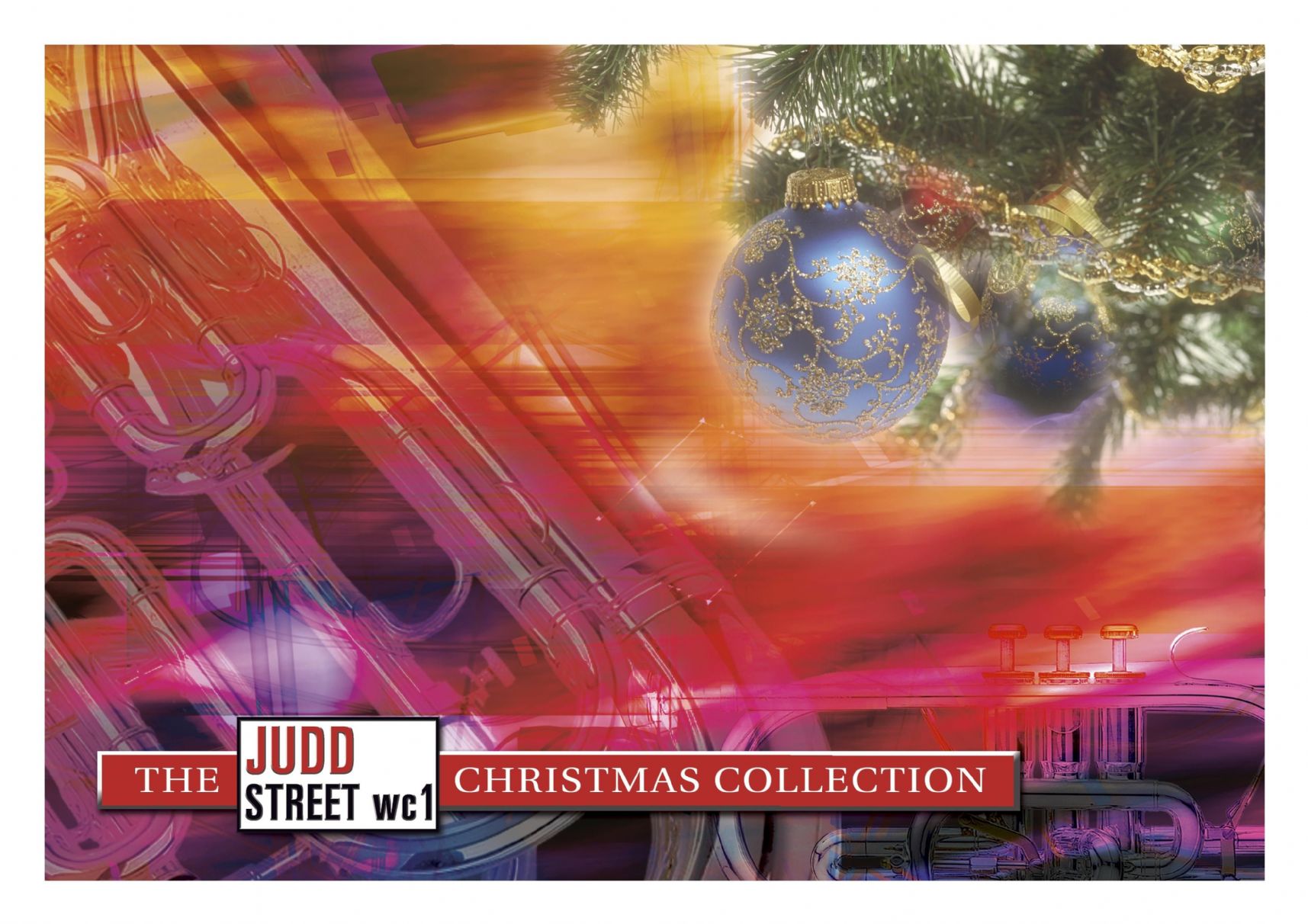 £34.95
£34.95Judd: The New-Born Babe
The chorale which forms the basis of this prelude dates from the sixteenth century and was used by J.S.Bach in his Cantata No.122, 'Das neugeborne Kinderlein'. On his score Bruce Broughton includes a translation by R. Rutledge of the words; 'There comes the true jubilee, what are we eternally lamenting? Look alive! It is a time for singing, for the Christ-child exorcises all sorrow'.
Estimated dispatch 7-14 working days
-
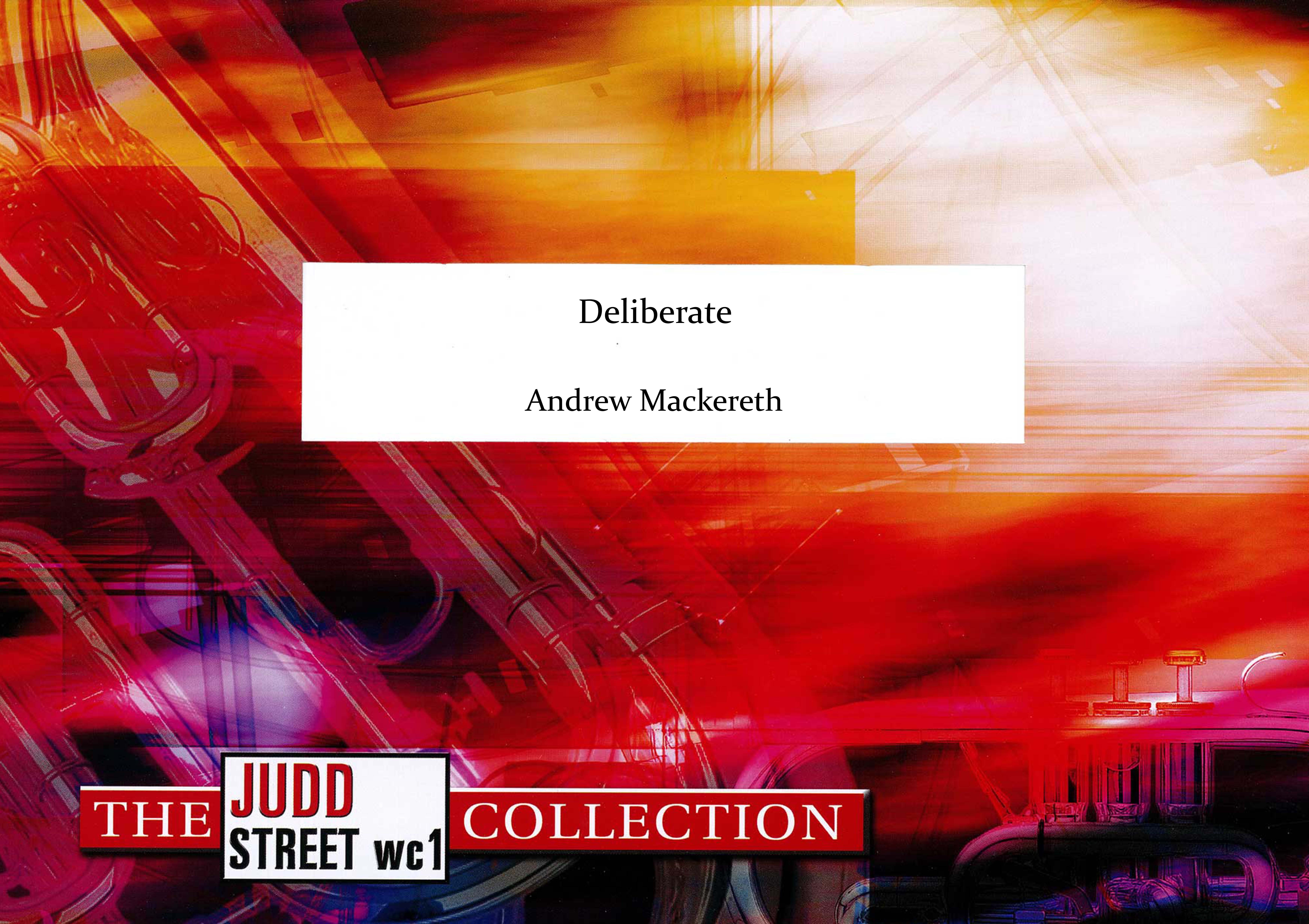 £34.95
£34.95Deliberate (Brass Band - Score and Parts)
So that there is no doubt about the correct pronunciation, the title of this festival (concert) march means to think about! It was written in 2010 for the Belfast Temple Music School and recalls a particularly impressive open-air meeting from the previous years school. The main theme heard is Onward, Christian soldiers while there is also reference to A mighty fortress is our God.
Estimated dispatch 7-14 working days
-
 £33.66
£33.66The Risen King (Brass Band) Getty & Townend arr. Andrew Wainwright
VIEW SCORE PDF This scintillating work will be an ideal opener to your band's concert programme. Written at the request of Bandmaster Christopher Ward and the Eastern Michigan Divisional Band of The Salvation Army (USA), it was premiered at the 2019 Autumn Praise Festival in Rochester, Michigan which featured the Eastern Michigan Divisional Band and Choir, and the Chicago Staff Band. The piece is based on the popular modern hymn by Keith and Kristin Getty and Stuart Townend, Come People of the Risen King. To view a video of the New York Staff Band performing the work please visit: https://www.youtube.com/watch?v=o1w7qY2dyvY&t=3s Sheet music available from: UK - www.brassband.co.uk USA - www.solidbrassmusic.com Difficulty Level: 2nd Section + Instrumentation: Soprano Cornet Eb Solo Cornet Bb Repiano Cornet Bb 2nd Cornet Bb 3rd Cornet Bb Flugel Horn Bb Solo Horn Eb 1st Horn Eb 2nd Horn Eb 1st Baritone Bb 2nd Baritone Bb 1st Trombone Bb 2nd Trombone Bb Bass Trombone Euphonium Bb Bass Eb Bass Bb Timpani Percussion 1-3
In Stock: Estimated dispatch 1-3 working days
-
£73.00
There is Sweet Music (Bra) - Sir Edward Elgar - Andi Cook
One of Sir Edward Elgar's strange and ethereal part songs, based on 'the lotos eaters' by Tennyson. It was written with the choir split across two keys a semitone apart, the men in G, the women in A-flat.
Estimated dispatch 7-14 working days
-
£63.00
Thunderbirds (Bra) - Barry Gray - Mike Kilmartin
Opening theme of the popular television series created in the '60. It was produced using a form of electronic marionette puppetry combined with scale model special effects sequences. Who doesn't remember main character Jeff Tracy?! 5, 4, 3, 2, 1: Thunderbirds Are Go!
Estimated dispatch 7-14 working days
-
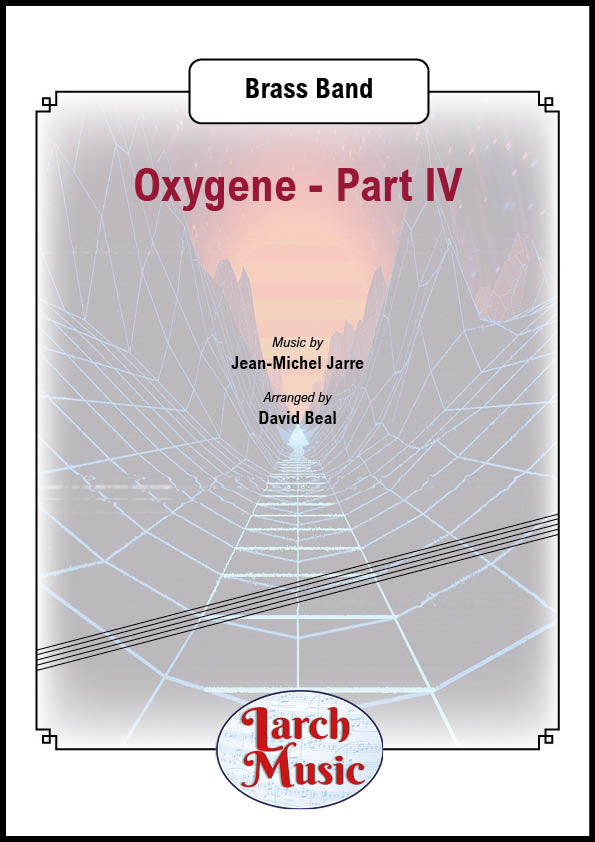 £21.50
£21.50Oxygene Part 4 (Jean-Michel Jarre) - Brass Band Full Score and Parts- LM729
COMPOSER: Jean-Michel JarreARRANGER: David BealUK SALES ONLYProbably the most popular track from french composer Jean-Michel Jarre arranged here for brass band.This is the fourth part from the album.Oxygene (English: Oxygen) is the third studio album by French electronic musician and composer Jean-Michel Jarre, and his first album not intended for use as a soundtrack.Oxygene consists of six tracks, numbered simply "Oxygene Part I" to "Part VI".It was first released in France in December 1976 with an international release following in the middle of 1977.The album reached number one on the French charts, number two on the UK charts and number 78 in the US charts.UK SALES ONLY
In Stock: Estimated dispatch 3-5 working days
-
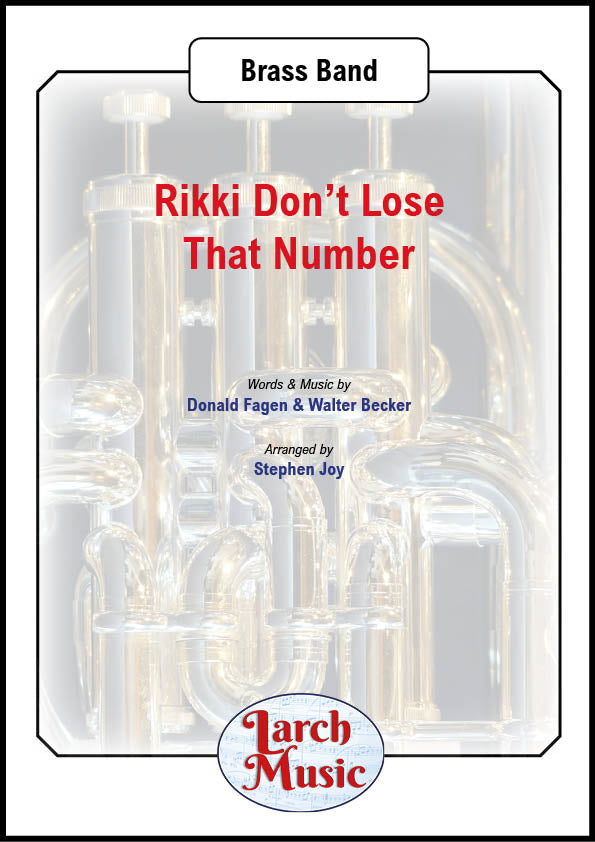 £21.50
£21.50Rikki Don't Lose That Number - Brass Band - LM769
COMPOSER: Walter Becker & Donald FagenARRANGER: Stephen Joy"Rikki Don't Lose That Number" is a single released in 1974 by rock/jazz rock group Steely Dan and the opening track of their third albumPretzel Logic. It was the most successful single of the group's career, peaking at number 4 on theBillboardHot 100 in the summer of 1974.The song features Jim Gordon on drums, as does the bulk of thePretzel Logicalbum. The guitar solo is by Jeff "Skunk" Baxter who would soon go on to join The Doobie Brothers.
In Stock: Estimated dispatch 3-5 working days
-
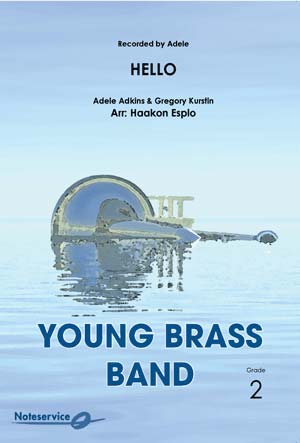 £67.00
£67.00Hello - Adele Adkins & Gregory Kurstin/Haakon Esplo
Hello is a song by English singer Adele. It was released October 2015 as the first single from her third studio album, 25. Adele co-wrote the song with her producer, Greg Kurstin.Hello has achived great success wordwide, reaching no. 1 on almost every chart.
Estimated dispatch 10-14 working days
-
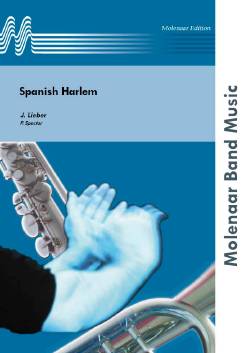 £43.00
£43.00Spanish Harlem - J. Lieber/P. Spector
During the seventies Jerry Leiber was a member of several popular groups such as The Coasters and The Drifters. He composed some film music, such as the hit song 'Jailhouse Rock' for Elvis Presley. His popular song 'Spanish Harlem' has been recorded by many famous orchestras. Thanks to Willy Hautvast's arrangement it is now also part of the wind band repertoire.
Estimated dispatch 10-14 working days
-
 £22.95
£22.95Mo Ghile Mear - 'My Gallant Darling' - Richard Rock
This is an old Irish love song, written by Sean Clarach Mac Domhnaill in the 18th Century. Composed in the convention of Aisling poetry, it is a lament by Eire for Bonnie Prince Charlie, who was then in exile.
Titles No Longer Available


